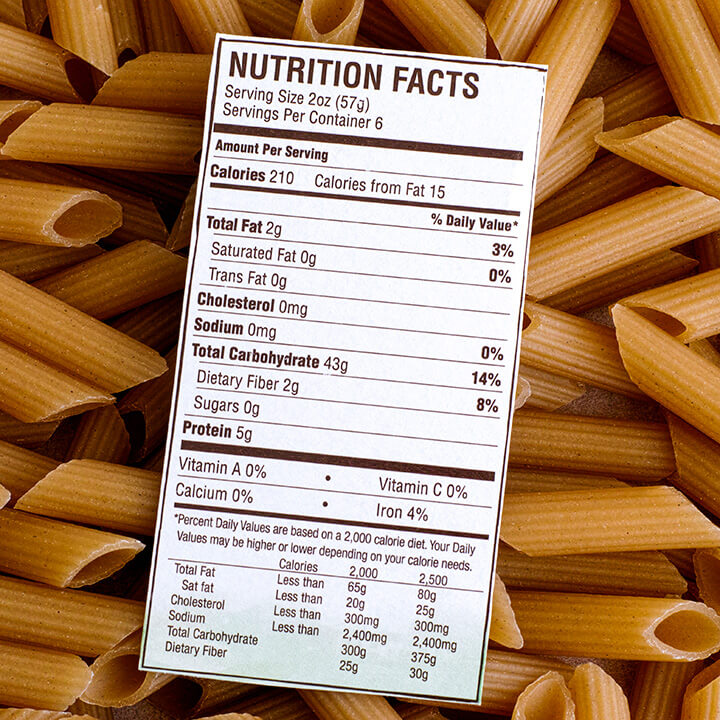Ingredient substitutions and product labelling
12th May 2022
At the end of April 2022, the Food Standards Agency (FSA) issued updated guidance on oil substitutions and product labelling. The FSA is advising consumers that some food products may now contain other refined or fully refined food grade vegetable oils, despite being labelled as containing sunflower oil. The update provides advice to consumers that fully refined palm oil, fully refined coconut oil and fully refined soybean oil are permitted to be used in some products without changes to the label being made. The use of refined rapeseed oil was subject to the original guidance issued in March 2022 by the FSA and in effect Government has suspended elements of the labelling rules to allow suppliers to switch from sunflower oil to other oils without having to change the labels.
The question of the use of substitutions for sunflower oil have arisen due to the impact of the conflict in Ukraine on the availability of sunflower oil. The majority of the UK’s sunflower oil comes from Ukraine and food businesses are reporting that supplies of sunflower oil are likely to run out in a few weeks with some businesses already experiencing severe difficulties. This has led to some food manufacturers urgently replacing sunflower oil with refined rapeseed oil before being able to make the change on the label.
The FSA is therefore advising consumers that food products labelled as containing sunflower oil may instead have been produced using refined rapeseed oil and consumers should look out for additional information being provided by retailers and manufacturers to stay informed. Emily Miles, FSA Chief Executive said: “FSA and FSS have been working hard to understand the recent pressures on our food supply chain and the interim measures needed to make sure certain foods – like crisps, breaded fish, frozen vegetables and chips – remain on sale here. We have looked at the immediate food safety risk of substituting sunflower oil with refined rapeseed oil – particularly to people with a food allergy – and it is very low. We know allergic reactions to rapeseed oil are very rare and – if they do occur – are mild. Retaining consumer trust remains an absolute priority for both organisations and we are urgently working with the food industry and other partners to ensure labels on food where sunflower oil has been replaced by refined rapeseed oil are made accurate as soon as possible.“.
WM Comment
The Food and Drink Federation has suggested to Government’s Food Resilience Industry Forum that a streamlined process is needed whereby when the next ingredient is unavailable, for whatever reason, there is a much quicker reaction and announcement as to what ingredients can be substituted. It might be safe to assume that there is the possibility of some subtle changes to the food labelling rules on the horizon.


